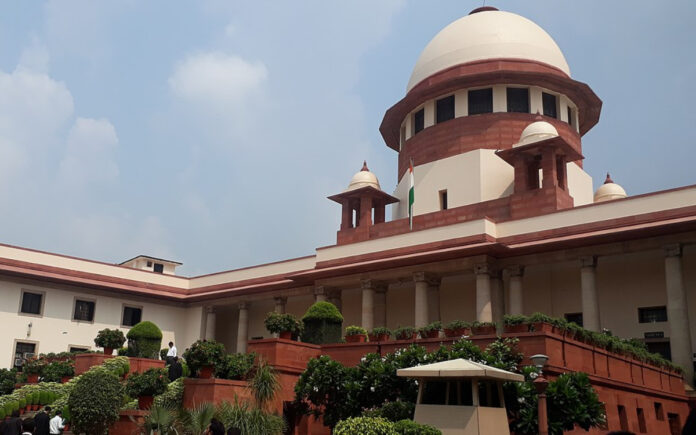New Delhi: India’s Supreme Court issued a stern rebuke on Wednesday to states practicing property demolitions against suspected criminals—a tactic critics argue disproportionately targets minority Muslims. The court established new guidelines for such actions, aiming to prevent arbitrary demolitions without due legal process.
The ruling follows a series of petitions challenging demolitions in states governed by Prime Minister Narendra Modi’s Bharatiya Janata Party (BJP). Over recent years, BJP-led states have carried out demolitions of what they label “illegal” properties, often owned by those accused of criminal activity. This rapid demolition practice, popularly dubbed “instant bulldozer justice,” has been widely criticized by human rights groups and opposition leaders, who argue that it primarily affects economically vulnerable Muslims and bypasses judicial oversight.
In response, BJP-led state governments have denied these allegations, asserting that demolished properties violated local regulations and that owners received proper notifications. However, the Supreme Court’s two-judge bench underscored that state authorities must adhere to the law, warning that arbitrary actions against individuals without due process cannot be tolerated.
Also Read | Russia Targets Kyiv in Latest Missile Strike, Ukraine Reports Minimal Damage
The court outlined new procedural requirements, such as issuing prior notice and video-recording the demolition process to ensure transparency. “It is not a happy sight to see women, children, and aged persons dragged to the streets overnight. Heavens would not fall on the authorities if they hold their hands for some period,” the court observed in a pointed statement.
As of Wednesday (as per Indian Standard Time -IST), the BJP had not issued a response to the ruling.



